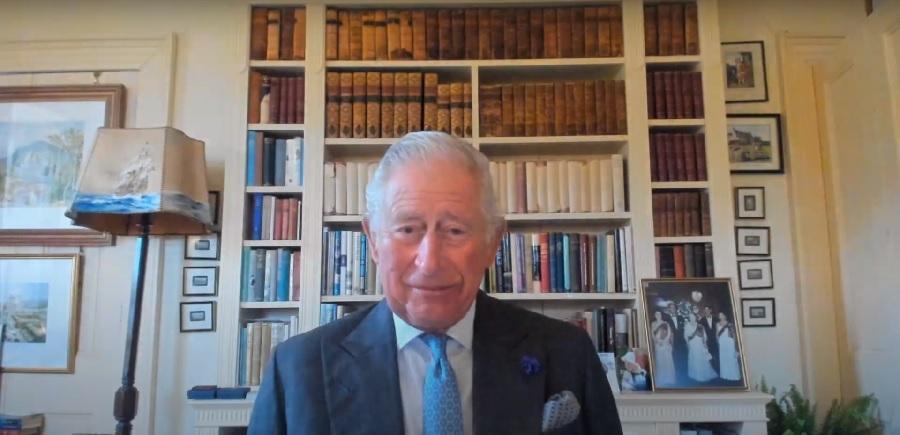
Last week HRH The Prince of Wales gave the opening address to the American Society of Mechanical Engineers Turbo Expo conference, the largest annual conference on the subject of flight and land-based power generation, due to have been held in London earlier this year but which is being held online due to the pandemic.
In the message His Royal Highness said, “As we emerge from this crisis, the need to decarbonise flight must remain at the top of the agenda. While many are calling for net zero flight by 2050, I would like to challenge you all to think about halving that time frame to 2035.” In his address, The Prince of Wales gave ten specific actions to accelerate the decarbonisation of flight.
In January this year, The Prince of Wales launched the National Centre for Propulsion and Power at the University of Cambridge’s Whittle Laboratory. The Centre, which is due to open in 2023 will bring together researchers from across UK Universities with industry partners such as Rolls Royce, Mitsubishi Heavy Industries, Siemens and Dyson to accelerate the development of low-carbon technologies for the propulsion and power sectors.
In his address yesterday, The Prince said: “In partnership with Rolls-Royce and funded by the UK Aerospace Technology Institute the Whittle Laboratory also demonstrated its ability to reduce the time taken to develop technologies by a factor of between 10 and 100, speeding up innovation and testing from months into days. This again proves that it is again possible to accelerate our efforts through resourcefulness and the right mindset. It is only through this type of radical change with industry, government and academia working together that we will have a chance of overcoming the climate and biodiversity challenge.”
Guillaume Faury, Airbus CEO, said: “This is a historic moment for the commercial aviation sector as a whole and we intend to play a leading role in the most important transition this industry has ever seen. The concepts we unveil today offer the world a glimpse of our ambition to drive a bold vision for the future of zero-emission flight. I strongly believe that the use of hydrogen – both in synthetic fuels and as a primary power source for commercial aircraft – has the potential to significantly reduce aviation’s climate impact.”
Click here for the full Whittle Laboratory, University of Cambridge article.

